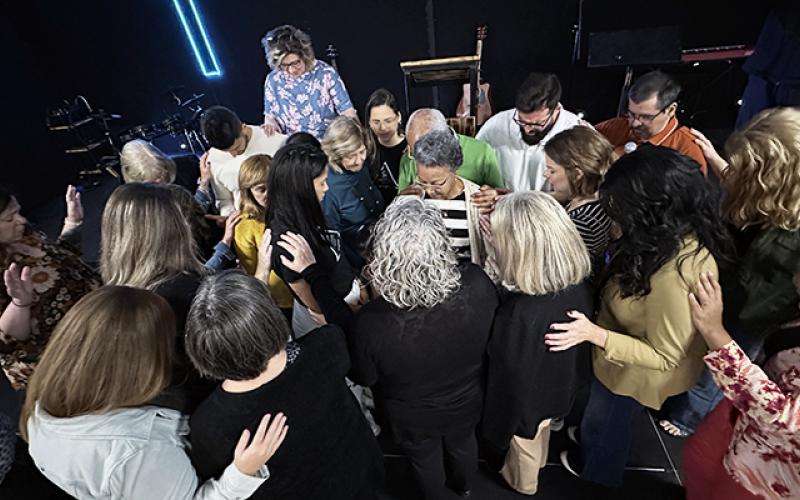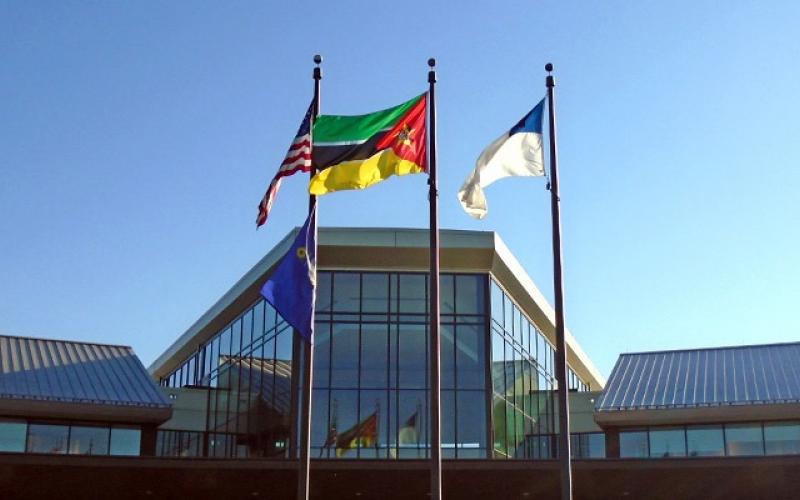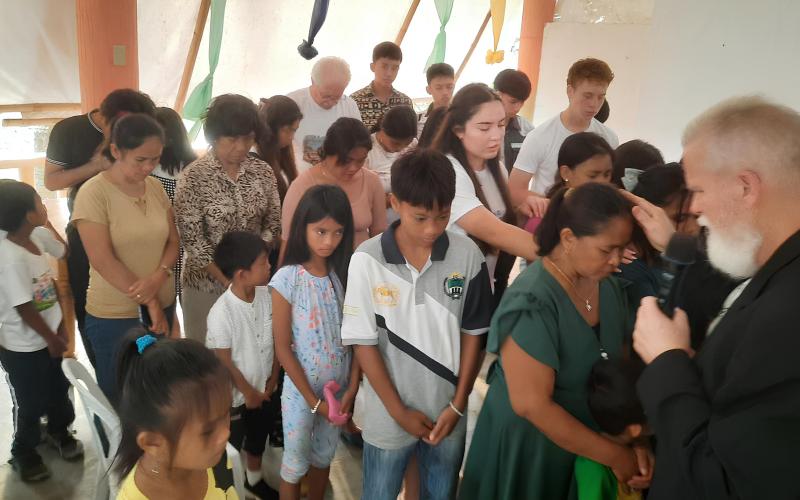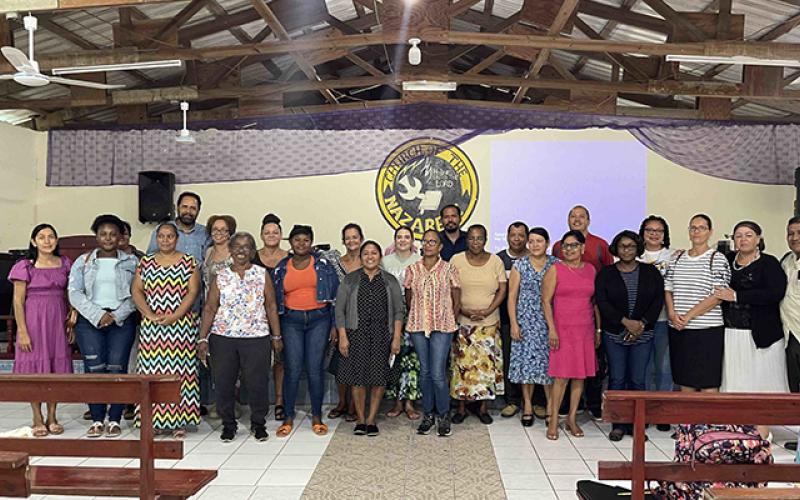
What churches should know: Protecting their missionaries

Not too many years ago, one of the major tasks of the missions pastor (or missions committee) of a local church was to find as many ways as possible to tell the story of the church’s missionaries. We wanted people to know who our missionaries were, where they were working, how many new believers there were. We wanted to spread the word about their victories, their needs, their struggles. If they were under any kind of attack, we wanted to mobilize prayer warriors. In short, we spent much of our missions time trying to raise the profile of our missionaries.
Today’s environment is very different. For many missionaries, one of the greatest sources of danger is the information that families, friends, and yes, churches, post online about them. Many of today’s missionaries are serving in places where traditional access, visas, and all the other legal issues associated with expatriates living overseas must be handled with great care and discretion. Sometimes language and terms that are perfectly normal and common in the church environment at home can be literal death sentences where missionaries serve.
The digital landscape is literally the newest battlefield in the earthly conflict between good and evil. The internet, email, and social media can be tremendous force-multipliers for Great Commission ministry. But, they are also the frontier on which the adversaries who oppose missions work and even Christianity itself are mounting a campaign to stop the spread of the gospel. The digital landscape carries potential risk for the missionary in two broad ways: Email and social media messaging to the missionary can be intercepted and read by adversaries; and, items posted on websites, electronic bulletin boards, blogs, and other searchable forums can easily be read by adversaries.
Perhaps it is appropriate to pause here to address a question that many of you have: do enemies of our missionaries actually read our websites and blogs and social media? The answer is that today’s terrorists are incredibly skilled at working in the cyber world (and not being detected). It is almost impossible to overstate their expertise. In many locations, the government is equally skilled.
The Great Commission is very specific in its instruction: “Go into all the world ...” Missionaries don’t get to pick and choose between safe and dangerous locations. Many are serving in places where they face opposition from the public, the government, and from terrorists. Christ’s admonition to “be as wise as serpents” is a reminder that being bold doesn’t require recklessness, being obedient doesn’t require suspension of judgment, and making disciples doesn’t require trading missionary lives for new believer’s lives.
Be a Guardian
One of the most important things the church can do to protect its missionaries is to be a guardian — to help manage information that enemies can obtain and use against them — to literally fulfill the “wise as serpents” admonition. What does being a guardian on the cyber battlefield mean? To some degree, that is going to depend on the individual circumstances of each missionary. But it certainly includes:
WORK WITH YOUR MISSIONARY to develop a list of “don’t use” terms and phrases and a glossary of terms and language that is acceptable. It isn’t enough just to prevent use of terms like “missionary” and “evangelize.” The language that the church does use (or approve) must be consistent with the language being used by the missionary in the field. For example, if your website uses the term “worker” but in the country he or she is known as a “student,” a conflict is created that an enemy may well detect and then exploit against the missionary.
CREATE SYSTEMS IN YOUR CHURCH to ensure that the “don’t use” terms never appear on a website, blog post, recorded sermon, social media, or anywhere on your part of the cyber battlefield.
TEACH YOUR CONGREGATION how to communicate with their missionaries. Some churches provide written guidelines, but isn’t this topic a great opportunity for a message on the commitment that we should all have to see the Great Commission fulfilled? Comparing the dangers the apostles faced with the threats against today’s missionaries? However your church handles this, educating those who communicate with your missionaries in how they can be “as wise as serpents” and protect the missionaries’ safety is another key task for the local church.
SEEK OUT YOUR PARTNERS to set up and work with them to create protective barriers. Keeping all these things under control within your church isn’t much help if there are five or six other churches out there sending and posting items so full of “missionary” terms that there is no hope for the missionary to maintain the profile they’ve worked so hard on. This makes one of the roles of a sending church to seek out those other churches supporting this missionary and work with them to create the same protective barriers at all of the churches.
IMPLEMENT THE ROLE of a digital watchdog. This is another important role your church can provide. This involves monitoring the internet, websites, social media, blogs, and any other searchable electronic forum for anything posted about your missionaries. Then, reading the posts to make sure that the content is fully appropriate and doesn’t contain any words or phrases that create risk or danger. Finally, contacting the source of the item in question and either removing or correcting the item. We suspect that fewer than one in 10 churches that support missionaries have thought through these issues and taken appropriate actions. This means that someone has to step up and lead — why not you? These are all ways that the home church can partner with your missionaries in a very real, very meaningful way in the battle to keep them safe and keep them effective on the mission field. And, the church is uniquely positioned because this has to be done away from the mission field and in a place where robust access to the internet and communications is available.
Safety and Security
Churches sending missionaries should also make sure that a number of basic safety and security precautions are in place. In many cases, these will be handled by the sending agency or mission board, but the home church also has a role to play. When the author served as a missions pastor, he discovered several different cases where missionaries sent out from his church through traditional sending agencies did not have these protections in place.
The first is both basic and critical: Overseas health and medical evacuation insurance. This is insurance that replaces (normally) or supplements (sometimes) the individual’s health insurance. Most typical health insurance policies exclude or limit coverage outside of the home country, and very few offer any meaningful medical evacuation insurance. This type of insurance is readily available and is often offered as part of comprehensive church insurance programs. However it happens, the sending church should make very sure that all of their missionaries are covered by this type of insurance.
The second is like the first: If there is a need for your missionary to evacuate due to political, environmental, terrorism, or similar non-medical reasons, how is that managed? Who decides? Who pays? Are the resources needed going to be available? These are issues that need to be discussed between the sending church and the sending mission agency. Typically, they fall within the sphere of responsibility of the sending agency (not the local church). But if they are not in place, the sending church should take an aggressive role in making sure these issues are decided and the needed resources are available.
The final area may seem to fall outside the “security” world, but that’s actually not the case. This area is member care and pastoring of the missionary on the field. Research and real-world experience all demonstrate that missionaries who are battling spiritual, emotional, or psychological issues become less and less effective in their Great Commission ministry the longer these issues go unresolved. Experiencing them in an overseas setting, a foreign culture, and far away from their support systems typically escalates the problems. Many missions sending agencies have member care support, but a number don’t. A complicating factor is that sometimes missionaries are unwilling to discuss these types of issues with a representative of their organization, fearing career consequences. These issues together can spiral into a situation where the health of the missionary is in jeopardy, judgment may be impaired, and that is always a safety and security problem.
These three areas may seem to be the responsibility of the mission board or sending agency, and there is indeed some truth to that observation. The author has served both as a local church missions pastor and as a security consultant to mission and sending agencies, and some experience balancing the role of the local church and the sending agency. Something that has helped the author reconcile this issue is a statement that a good friend, and a missionary sent out from my church, says about his role: “we are overseas staff of our home church.” He’s right—we are his church. When I was the missions pastor, I was his pastor, and those relationships do not change.
How does the local church protect their missionaries in areas of danger? First, by working in partnership with the mission board or sending agency. Second, by protecting them from communications that can sabotage their ministry and even put their lives in danger. And always, by remembering that whether the missionaries have been on the field for one year or 30 years, they are still your “overseas staff” and you are always their church.
-- This article was reprinted with permission by Anthology magazine, May 2017, Vol. 5 No. 1, page 36-40. You can read more articles from Anthology on the Missio Nexus website.



